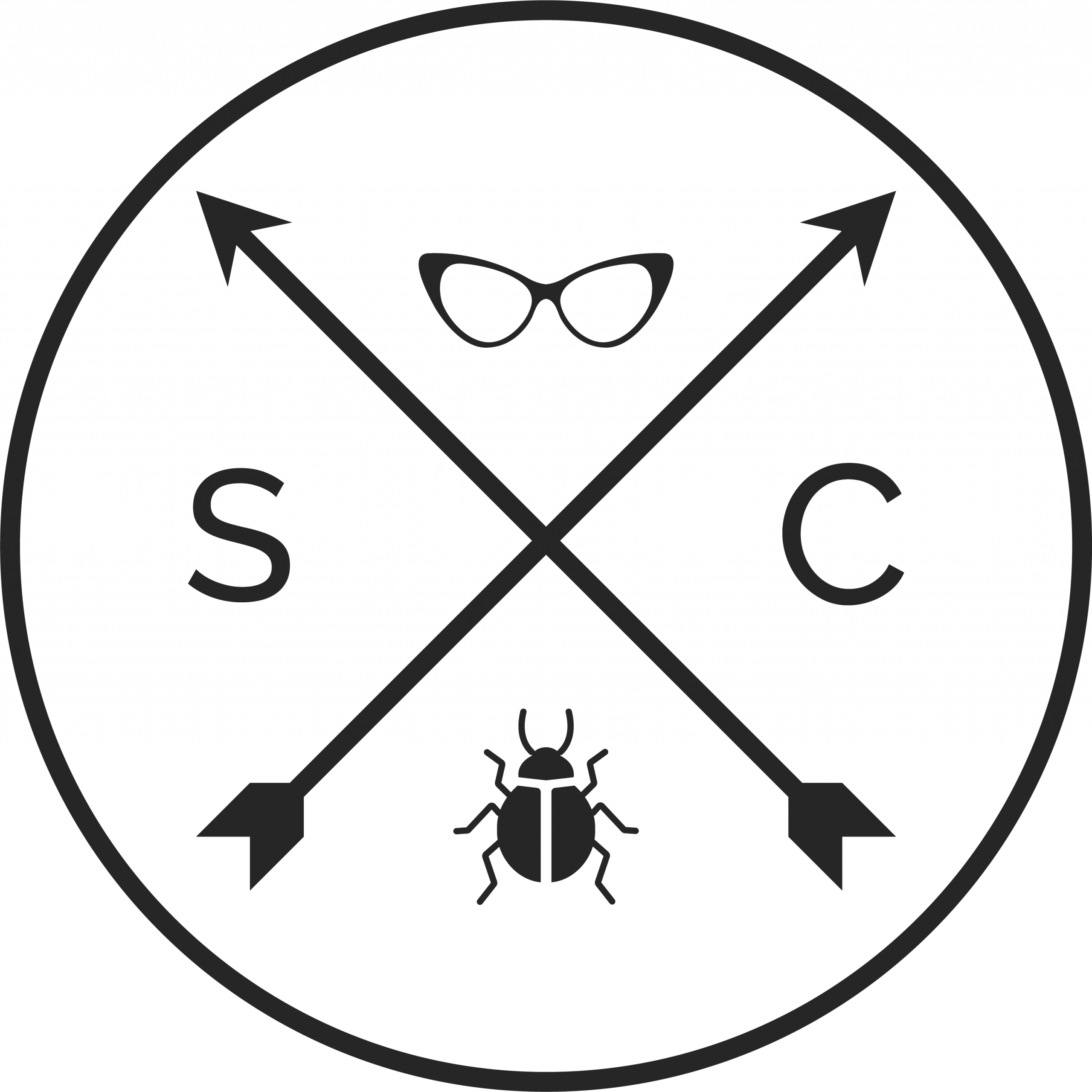This blog is a response to this blog by Michael Bolton titled “the end of manual testing”. While attending EuroSTAR in Copenhagen in 2017 I had the joy of having a good chat to Michael about this topic.
Let me speak from my experiences; I’m bored in my current role and I’m looking for a new job. I have recent experience in observing what the Sydney market is demanding vs how I view myself. If I could choose my own label I would call myself a product risk investigator because it reflects my views in the value of what a tester brings to the table. Now I personally don’t refer to myself as a “manual tester” even though most of my work has fallen under what the market would call “manual testing”.
So how do I market myself for new job prospects? You can check out one of my recent software testing resume’s here. Did you notice that I never refer to myself as a “manual tester”? I try to highlight my technical skills in roles that the market would call “manual testing” because of the negative conations associated with the label of “manual tester”.
As part of my job hunting efforts I reached out to the recruiter who placed me in my current role. He seems to have a good pulse on the Sydney job market for testers; I reached out to him on October the 31st and the next day he had scheduled me a job interview with a startup in Sydney. He then secured me 2 other interviews and I had 3 interviews in 3 days just before I came to Copenhagen for Eurostar this week. I’ve already received positive feedback from 1 of these interviews. However all 3 of these roles have had a focus on trying to find a technical tester who can help the company test API’s through some sort of coding efforts. No one appears to be hiring a pure “manual tester”. Some job descriptions that I’ve read have said stuff along the lines of, “some manual testing will be required but the focus of this role is definitely writing code”. These type of job descriptions trigger warnings in my head along the lines of, “maybe these guys don’t understand skilled testing?”. I almost feel like this phrase “manual testing” is a dirty word. Maybe I should just come out as a loud and proud Manual Tester? Next week I’m aiming to have 3 more interviews before assessing all of my options and moving forward. These next 3 interviews have been set up via applying to jobs via LinkedIn/Seek/Career portals, reaching out to an old colleague and reaching out to recruiters who are involved in the meetup space.
In Summary; I’m being pushed towards more technical testing because those skills are more marketable and I’m struggling to market myself as a skilled exploratory tester. I agree with Michael; “manual testing” doesn’t exist but finding a company who shares my understanding of testing is pretty hard. Now why is that?

Because testers themselves keep talking about “manual testing” instead of “skilled risk investigation”?
It was wonderful talking with you too, Samantha. I appreciated your description of yourself as a Risk Investigator when I saw it on your business card in May 2016, and since then I’ve been using it as an an example of what “manual testers” could call themselves.
Because the market is heavily skewed towards technical testing/test automation. There are very successful firms which don’t have an understanding of skilled testing. There really is no motivation for them to understand or hire skilled testers. I don’t think there is a link between not understanding testing and business success. On the other hand, understanding testing may result in less dissatisfied customers.
It might be just easier to learn coding?
Thanks for the comment, if I was only interested in pursuing the all mighty $ I would be learning Automation frameworks quick smart. Coming from a computer science/mechatronics engineering background I know how to code but it’s not a skill I practice every day so I’m not very efficient with it. I’ve applied for automation testing roles but some of the feedback I get is “with your personality we think you might get bored in this role”; I like having a strong focus on people. If I was more comfortable with coding I’d prefer to be a software engineer.